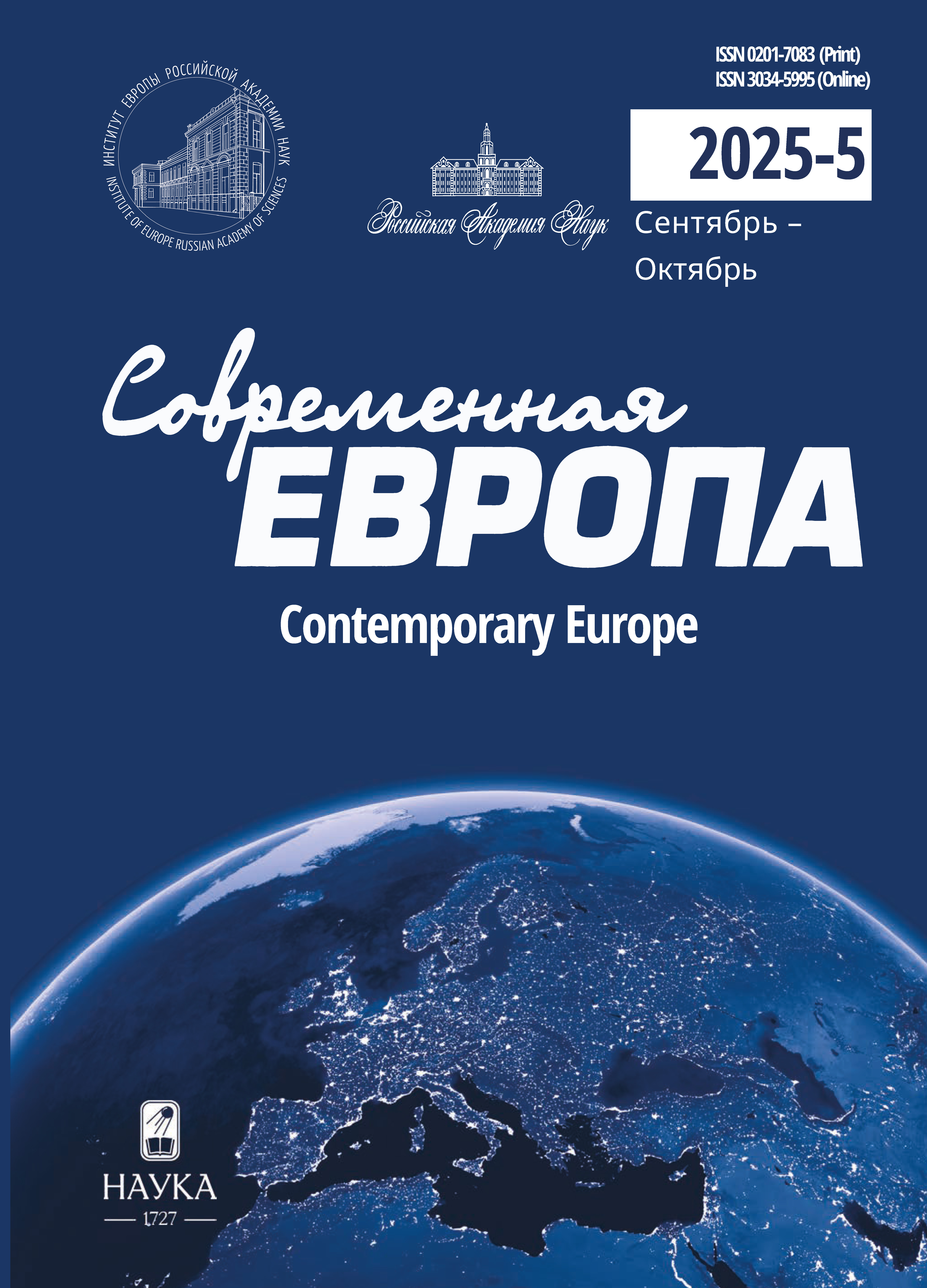UK-Japan strategic partnership in defence and security
- Authors: Nikiporets-takigawa G.Y.1
-
Affiliations:
- National Research Institute Higher School of Economics
- Issue: No 7 (121) (2023)
- Pages: 165-175
- Section: Articles
- URL: https://rjmseer.com/0201-7083/article/view/652181
- DOI: https://doi.org/10.31857/S0201708323070136
- EDN: https://elibrary.ru/RYJAYW
- ID: 652181
Cite item
Abstract
Since the beginning of its post-war history, Japan has been at a crossroads of identities, sharing and promoting the values of the Western world in Asia and relying on Western partners, primarily the US and the UK, to ensure Japanese national security. Britain is also showing interest in military-political cooperation with Japan as both countries were linked by a defense alliance at the beginning of the XX century. The paper explores the leading factors using comparative analysis of strategic documents and initiatives in both countries aimed at defense and security cooperation. The author addresses the prospects for this cooperation based on the analysis of the correlation of the selected factors in the paradigmatic framework of neoclassical realism. The main factors of the development of strategic UK-Japan relations in the field of defense and security in the recent period are identified as the “US factor”, since the US is the main strategic partner for both Japan and Britain. Moreover, the “China factor” is analyzed, as Beijing’s activity creates, in the opinion of US allies, risks to their security. An ambivalent impact on the current state of the partnership and its prospects is revealed due to the conflict of approaches that explain the choice of partners in defense and security. Since the “value” approach contradicts the realist and geopolitical approach, due to the difference in perception of security threats caused, in particular, by geography.
Keywords
About the authors
Galina Yur'evna Nikiporets-takigawa
National Research Institute Higher School of Economics
Email: gnikiporets-takigawa@hse.ru
Moscow, Russia
References
- Ананьева Е.В. (2023) Внутриполитическая борьба в Британии по вопросам формирования внешнеполитического курса после Брекзита. Вестник Санкт-Петербургского университета. Международные отношения. № 16(1). С. 40-66. DOI: https://doi.org/10.21638/spbu06.2023.103
- Годованюк К.А. (2019) Британо-японское стратегическое партнерство в условиях брекзита. Научно-аналитический Вестник ИЕ РАН, № 3. С. 89-94. DOI: http://dx.doi.org/10.15211/vestnikieran320198994
- Громыко А. (2023) Мировая пересборка: эмпирические данные в концептуальном поиске. Европейский ракурс. Вестник Санкт-Петербургского университета. Международные отношения, № 16(3). С. 209-225. https://doi.org/10.21638/spbu06.2023.301
- Громыко Ал.А. (ред.) (2022) Европа в кризисном мире. Весь Мир, Москва. 376 с. doi: 10.55604/9785777708953
- Кистанов В.О. (2021) "Глобальная Британия": курс на АТР с антикитайским уклоном. Восточная Азия: факты и аналитика. № 3. С. 6-18. doi: 10.24412/2686-7702-2021-3-6-18
- Никипорец-Такигава Г.Ю. (2023) Немейнстримный японский политический дискурс в контексте новейших российско-японских отношений. Общественные науки и современность. No 5. С. 87-97. doi: 10.31857/S0869049923050076, EDN: MQJJXP.
- Панов А. и Того К. (ред.) (2016) Русская и японская цивилизации. Исторический анализ становления и развития национальных идентичностей (сходство и различие). Международные отношения, Москва. 264 с.
- Стрельцов Д.В. (2023) Станет ли Япония "нормальной" страной? Россия в глобальной политике. № 21(3). С. 174-191. doi: 10.31278/1810-6439-2023-21-3-174-191
- Стрельцов Д.В. (2019) Японский регионализм эпохи Синдзо Абэ через призму ценностного подхода. Мировая экономика и международные отношения, № 63(9). С. 38-49. doi: 10.20542/0131-2227-2019-63-9-38-49.
- Щербинина Ю.В. (2014) Три вектора сотрудничества Японии и США. Политика США в Азиатско-Тихоокеанском регионе. Сборник научных трудов. ИНИОН РАН. Москва. С. 172-189.
- Atanassova-Cornelis E. and Sato Y. (2022) Asia and Europe in Japan's Alignment Policies: Drivers, Strategic Expectations and Future Outlook, Asian Affairs. No. 53:3. P. 520-541, doi: 10.1080/03068374.2022.2093049
- Bae Bumki (2022) Japan's trial to strengthen tension evoked by the territorial disputes. East Asia: Facts and Analytics. No. 3. P. 6-20. doi: 10.24412/2686-7702-2022-3-6-20.
- Fisher, Ch. A. (1968) The Britain of the East? A Study in the Geography of Imitation. Modern Asian Studies. No. 2(4). P. 343-376.
- Katz J. (1967) Britain and Japan: Twins of Time and Tradition. The Journal of Educations Thought. No. 1. P. 31-37.
- Kliman D. and Twining D. (2014) Japan's Democracy Diplomacy. Washington, D.C.: German Marshall Fund of the United States.
- Mulloy G. (2022) The UK-Japan Security Partnership Century Alliance, Animosity, Amity and Strategic Partnership The Twelfth International Convention of Asia Scholars (ICAS 12). P. 484-494. https://doi.org/10.5117/9789048557820/ICAS.2022.056
- Owada H. (2001) The Japan-EU Joint Declaration and its Significance toward the Future. Studia Diplomatica. No. 54. P. 11-26.
- Rogers J. (2013) European (British and French) Geostrategy in the Indo-Pacific. Journal of the Indian Ocean Region. No. 9(1). P. 69-89.
- Stansfield G. and Kelly S. (2013) A Return to East of Suez? UK Military Deployment to the Gulf Royal United Services Institute. Briefing Paper. URL: https://www.rusi.org/downloads/assets/East_of_Suez_Re-turn_042013.pdf (accessed: 10.06.2023).
- Tsuruoka M. (2013) The UK, Europe and Japan: Forging a New Security Partnership.RUSI Journal. No. 158(6). P. 58-59.
Supplementary files











